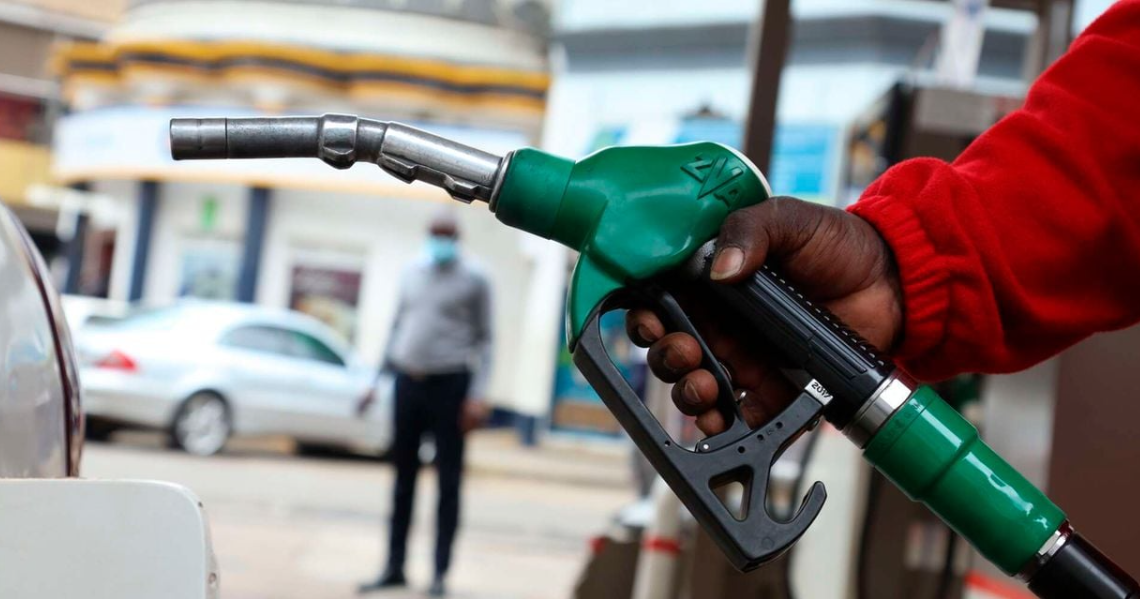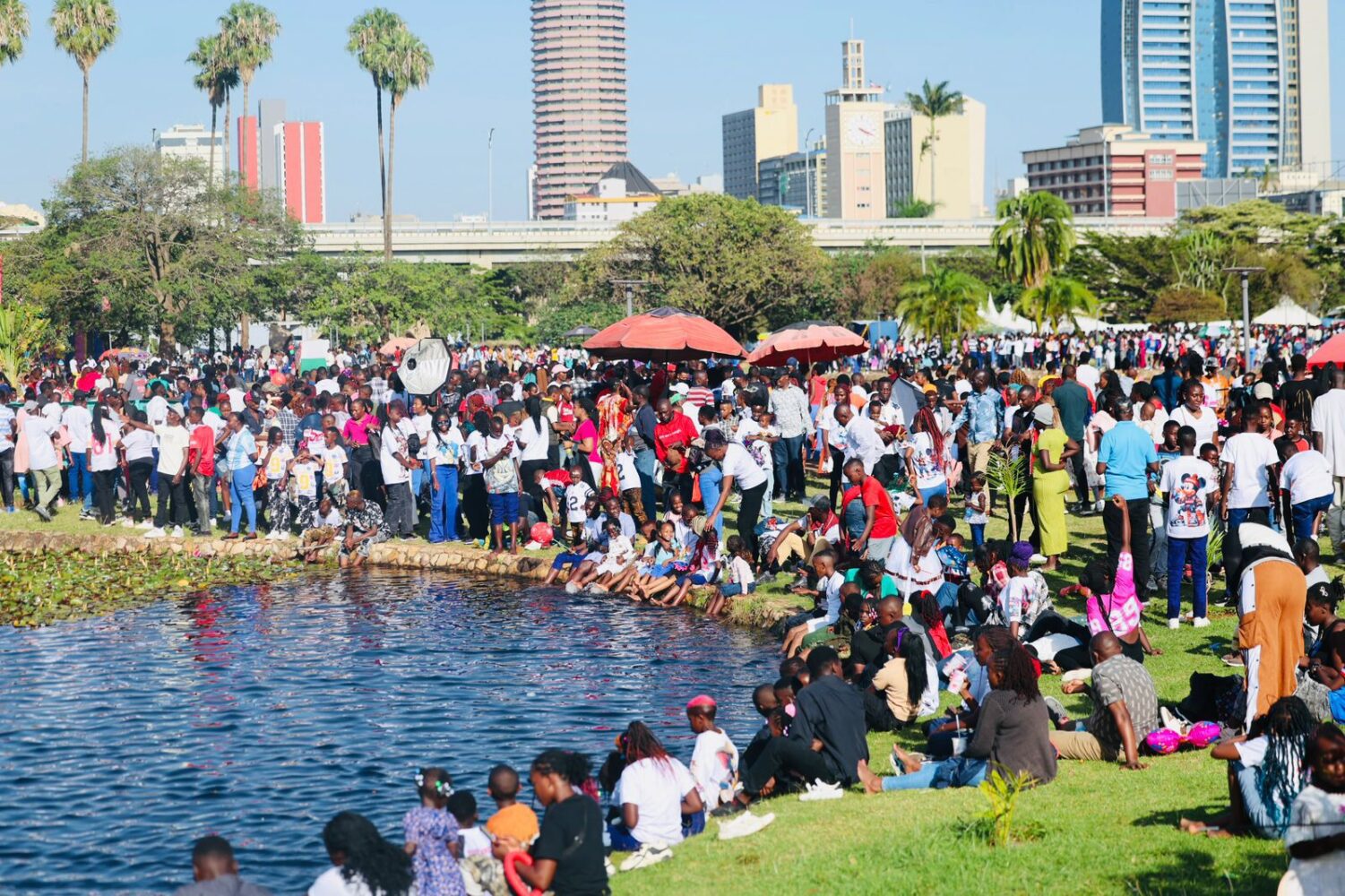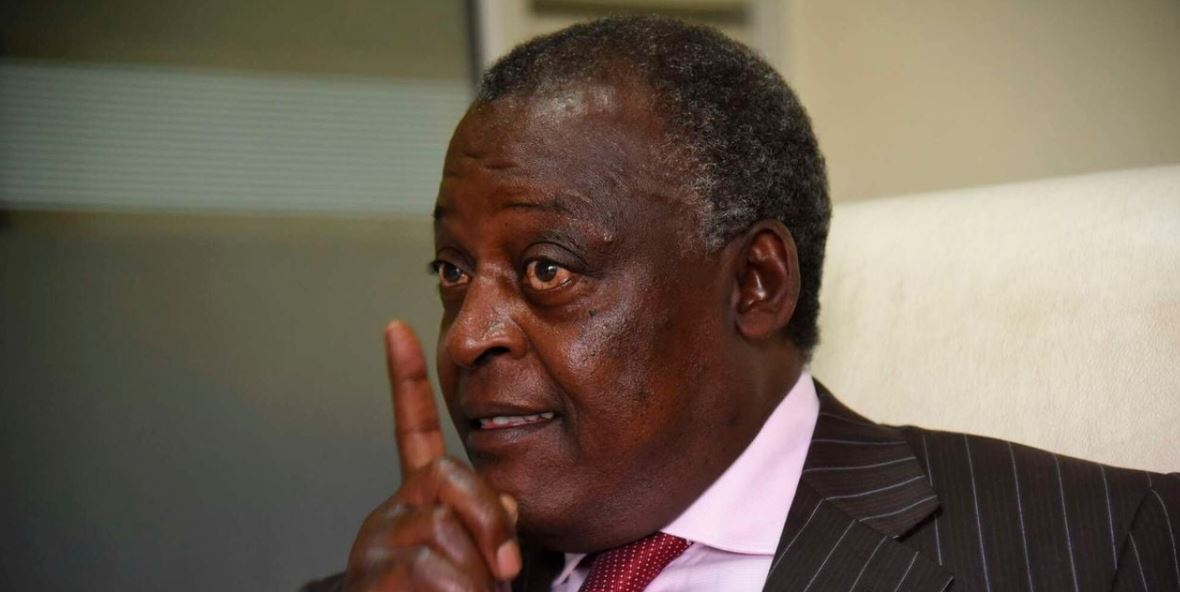The Kenya National Highways Authority (KeNHA) has come forward to defend the Road Maintenance Levy Fund (RMLF) and its benefits.
The Government has been on the receiving end of Kenyans’ anger after increasing RMLF, also referred to as Fuel Levy, from 18% to 25% last month.
The levy is currently charged at the rate of KSh25 per litre of petrol and diesel Kenyans purchase.
Kenyans have raised questions on what the RMLF is used for, with KeNHA clarifying that it uses the money to maintain and improve the country’s road infrastructure.
‘Fuel Levy not for new roads’
“The RMLF, administered by the Kenya Roads Board (KRB), is a critical source of funding aimed specifically at maintaining existing roads across the country. It ensures that our roads remain safe and reliable for all users,” KeNHA says. “The fund is used for routine maintenance, repairs, and rehabilitation of roads under various Authorities.”
The Authority says that it cannot use RMLF funds to construct new roads, and that is why it is currently mulling over introducing a Road Tolling Policy.
“In the event of successful tolling, the collected fees will then be used to maintain and rehabilitate the specific road that they are collected from. This could free RMLF to fund new road projects as the tolled roads may not be candidates for the RMLF fund,” KeNHA adds.
Board: Why fuel levy had to be increased
While increasing the fuel levy, the Kenya Roads Board argued that RMLF collections at the previous rate of KSh18 per litre had stagnated at about KSh80 billion per year, despite the fact that Kenya’s road network has deteriorated over the years due to ageing, orphaned road network, increased urbanization, traffic and the effects of climate change.

Macro-economic factors such as inflation and devaluation of the Kenya shilling, the board argued, had also continued to pile pressure on the funds available for road maintenance. “These factors have resulted in a maintenance backlog of KSh724 billion.”
It is because of the need to address the funding shortfall that the board proposed that the RMLF rate be revised upwards effective July 2024. In fact, the board said the ideal fuel levy rate ought to be set at KSh34 per litre.
However, due to the prevailing economic conditions, a phased approach was proposed starting with an increase in the fuel levy from KSh18 per litre to KSh25 per litre.
KeNHA further says that it “remains committed to work within the approved policies set by the Kenya Roads Board to ensure that the funds are used efficiently and transparently to improve the safety and quality of highways for all Kenyans.”










